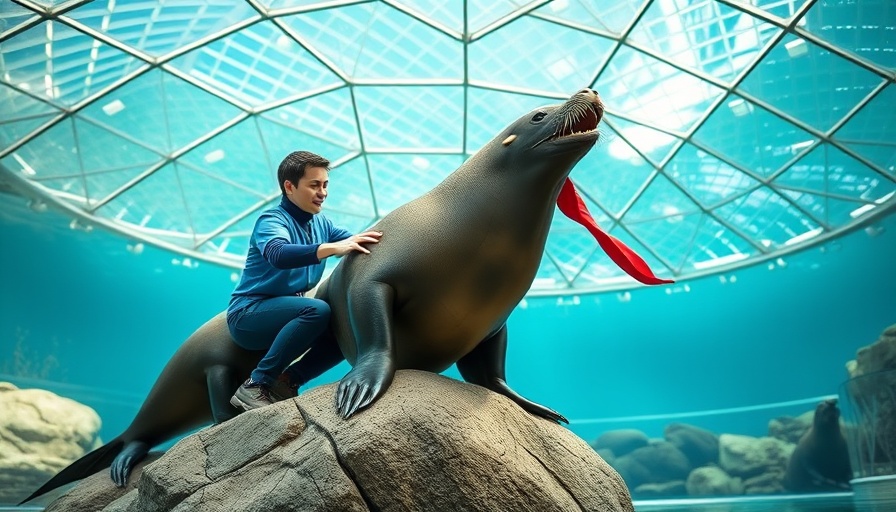
The Controversy Surrounding Miami's Seaquarium Animal Transfers
In a recent discussion, former employees of the Miami Seaquarium raised alarming concerns regarding the transfer of marine animals to other facilities. As they shed light on these issues, it's crucial to consider the broader implications this situation may have, not only for the animals but also for public awareness of animal welfare.
In 'Former Miami Seaquarium employees voice concerns over transfer of animals,' key insights emerge about animal welfare and ethical practices in marine facilities.
Background of the Miami Seaquarium
The Miami Seaquarium has been a staple of entertainment and education in South Florida for decades. However, its practices have come under scrutiny, especially as former employees echo worries over the conditions the animals may face post-transfer. Are these transitions truly ethical, or do they represent a step backward for animal welfare?
Why This Matters to a Broader Audience
The debate extends beyond just marine life; it resonates with anyone concerned about animal welfare and ethical treatment. Understanding the implications of these animal transfers challenges us to think about our own interactions with wildlife, sparking discussions about conservation and the responsibilities we hold toward our natural world.
Cultural Impact and Community Reaction
As the community reacts, it is evident that these changes spur passionate opinions on both sides. Residents and animal lovers alike are becoming more vocal about their stance, emphasizing the need for humane practices that respect both the animals’ wellbeing and the educational value these facilities provide.
The Future of Marine Animal Welfare
This situation raises important questions about the future of marine animal welfare in Miami and beyond. Advocating for responsible treatment and transparent practices could pave the way for a more enlightened approach to animal care and conservation.
 Add Row
Add Row  Add
Add 



Write A Comment